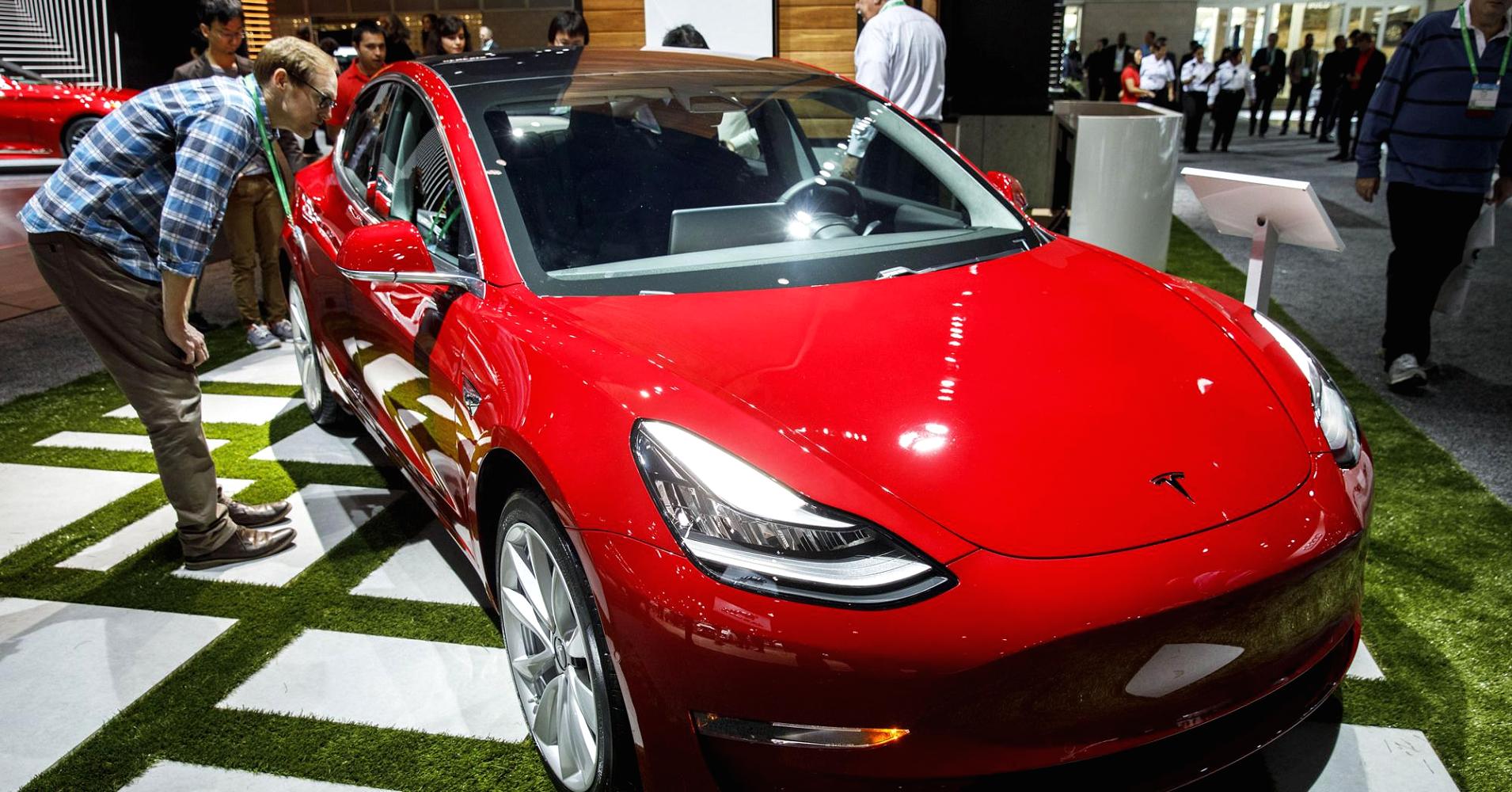As it pushed to hit its electric vehicle production targets for the quarter, Tesla decided to skip “brake-and-roll” testing for its Model 3 sedans in its Fremont factory.
CFRA downgraded the stock from hold to sell, saying the company’s “burst” production rate for its Model 3s won’t be sustainable.
Tesla characterizes the brake-and-roll tests it recently suspended as redundant. The company told CNBC:
“Every car we build goes through rigorous quality checks and must meet exacting specifications, including brake tests. To be extremely clear, we drive *every* Model 3 on our test track to verify braking, torque, squeal and rattle. There are no exceptions.”
It has not yet said whether or when the tests may be reinstated.
According to Tesla, workers at its Fremont, California factory also conduct alignment checks on the GA3 (or General Assembly 3) line using a system that was designed in-house.
All vehicles have their brakes and alignment tested on-site after they’re fully assembled and before they leave the Fremont factory to go to a service or delivery center, the company confirmed.
Tesla has also changed other processes to speed up production. For instance, the New York Times reported, Tesla reduced the number of spot welds use in the Model 3’s underbelly by 300, or about 6 percent.
Business Insider first reported on Tesla’s decision to skip the “brake-and-roll” testing.
